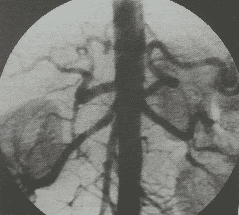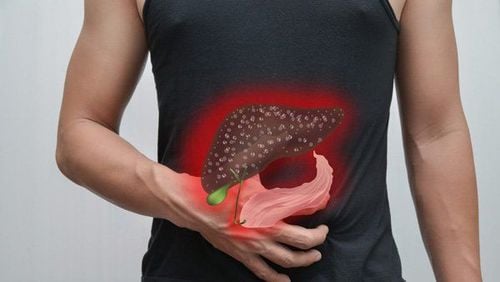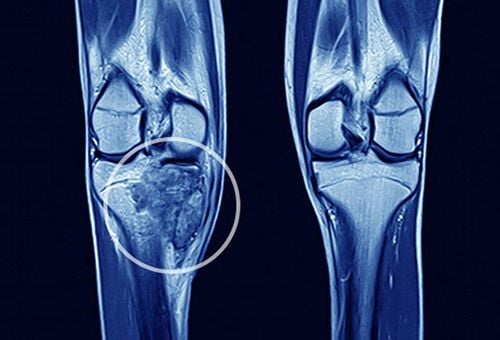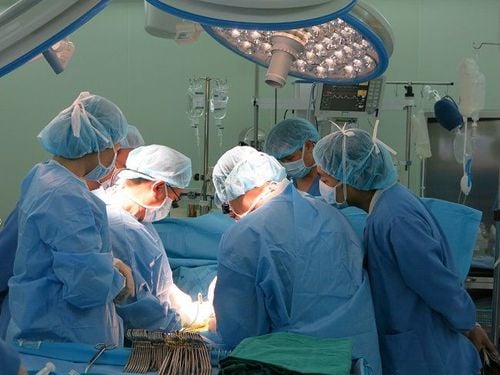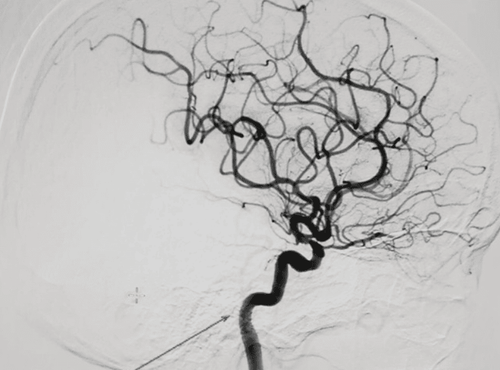This is an automatically translated article.
Digital scan to erase the background and pump radiopharmaceuticals to treat liver cancer is a modern treatment method with minimally invasive intervention, so it causes less serious complications for the patient, and the hospital stay is short. But to perform this technique requires experienced doctors and in hospitals with vascular intervention centers.
1. Advantages of digital imaging to erase the background and pump radiopharmaceuticals for liver cancer treatment
Digital erasure scan (also known as DSA scan) and radiopharmaceutical pump for liver cancer treatment are quite modern treatment methods. Regarding the intervention technique, similar to the method of embolization or cancer chemotherapy, this method must insert a catheter into the blood vessel feeding the liver tumor and inject microspheres with radioactive drugs into the tumor. liver. The microspheres will stay in the blood vessels surrounding the liver tumor and emit radiation to kill cancer cells.
The advantages of DSA and radiopharmaceuticals injection for liver cancer are:
Can be extended to include liver cancer with invasion of blood vessels in the liver, with very high tumor destruction. . Can be applied to cases of secondary liver cancer such as colorectal cancer with liver metastases. Minimally invasive intervention should cause less complications and severe side effects for patients, short hospital stay The disadvantages of DSA and radiopharmaceutical injection for liver cancer are:
Expensive , the preparation is very careful. It is necessary to coordinate with many specialties. Only large medical facilities with sufficient conditions and equipment can deploy.
2. Indications and contraindications
DSA and radiopharmaceuticals for liver cancer are indicated when:
Primary liver cancer is not indicated for radical surgery. In case of secondary liver cancer, there is no indication for radical surgery. DSA and radiopharmaceutical injection for treatment of liver tumors are contraindicated when:
Hepatosplenomegaly on radiographs > 20%. There is metastatic damage to the lungs, bones, or other organs. Pregnant women and children. Patients with a history of external source radiation therapy for liver tumor lesions. There is a lot of free fluid in the abdomen, there is clinical liver failure. There is reflux from the hepatic artery into the stomach, pancreas, or small intestine.

Phụ nữ có thai chống chỉ định thực hiện
3. Steps to take
Step 1: Prepare: DSA scanner (Specialized electric pump; film, film printer; lead vest, apron, X-ray shield. Medicines (local anesthetic, general anesthetic, medicine) anticoagulants, anticoagulant neutralizing drugs, water soluble iodine contrast agents, skin and mucosal antiseptic solutions Common medical supplies Specialized radiopharmaceuticals Step 2: First intervention : Plug the branches of the extrahepatic arteries and evaluate the hepatic-pulmonary shunt Perform angiography of the visceral trunk, superior mesenteric by catheter. Then, proceed to occlude the arteries originating from the hepatic artery. other organs and then insert the catheter into the hepatic artery, proceed to pump 5-6 mCi, 99Tc, take a scan after 30 minutes to evaluate the radiopharmaceutical concentration in the tumor and calculate the hepatopulmonary bypass. : Second intervention: Injecting radioactive seeds, about 1 week after the first intervention, Calculate radiation dose based on the patient's condition and the degree of hepatopulmonary bypass Conduct selective threading by microcatheter into the artery liver separately and then fitted with a radioisotope pump system and pumped radioisotopes into the liver parenchyma.
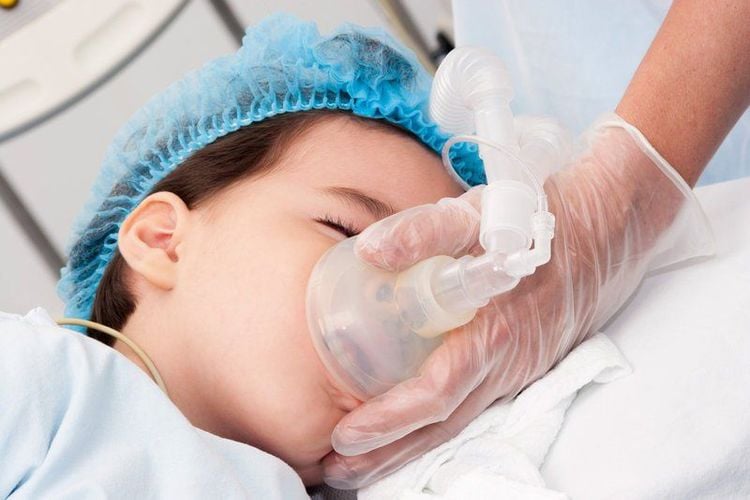
Người bệnh có thể suy hô hấp sau điều trị
4. Handling of complications after implementing the treatment method
Complications of this method are very few if the radioactive substance is delivered to the right area to be treated. Some complications may be encountered such as:
Gastro-duodenal complications, which can be prevented. Myelosuppression Progressive respiratory failure due to radiculitis, if you want to avoid this complication, do not use Y90 in patients with hepatopulmonary bypass Some other complications such as: Fatigue, nausea or vomiting, fever, lack of appetite appetite, liver pain, chronic pain, stomach ulcer, cholecystitis, liver dysfunction. The danger of liver cancer has shown the importance of screening and early detection of the disease. Therefore, Vinmec International General Hospital has provided customers with a package of screening and early detection of liver cancer to screen for liver cancer pathology for people at high risk of disease such as: alcoholics, cirrhosis, family history of liver cancer, cirrhosis, hepatitis B virus infection, chronic hepatitis C,...
Service selection Package for screening and early detection of liver cancer, patients will be examined, consulted and performed tests, diagnostic imaging to evaluate liver function, liver diseases and liver cancer screening. With a system of modern machinery and a team of highly qualified and experienced doctors, Vinmec is committed to the best protection for the health of patients.
To learn more about liver cancer testing methods at Vinmec, you can contact Hotlines of hospitals, or register online HERE.
SEE MORE
Prognosis of liver cancer treatment by stage The danger of liver cancer Why is liver cancer more common in men than in women?




